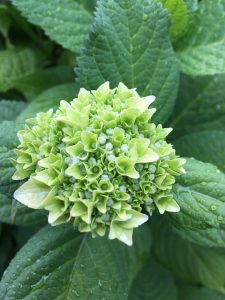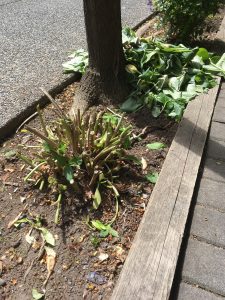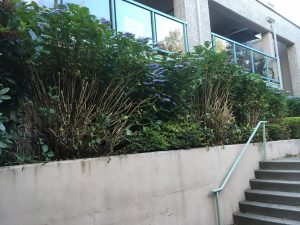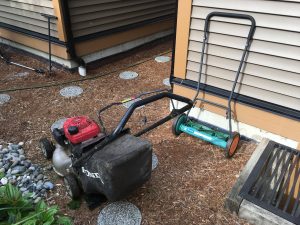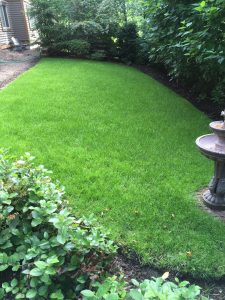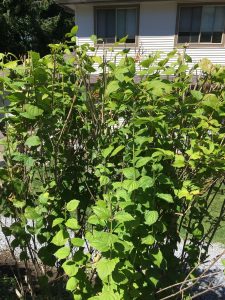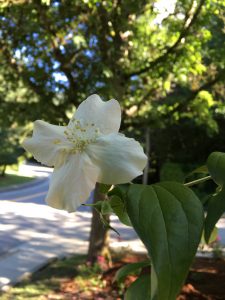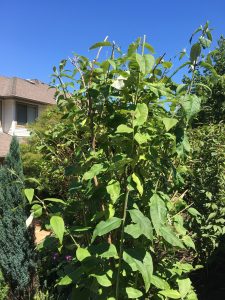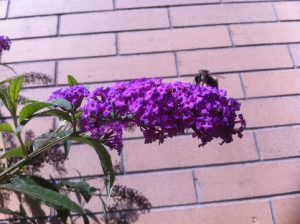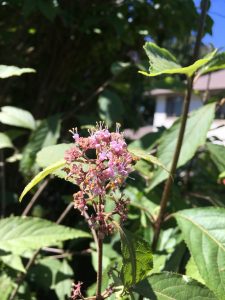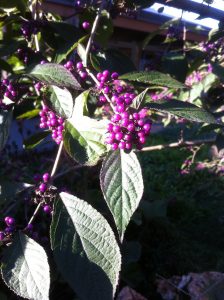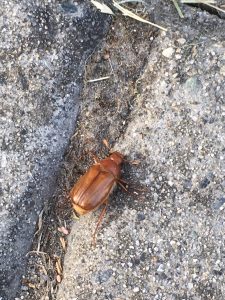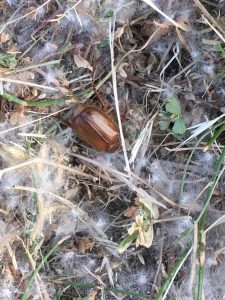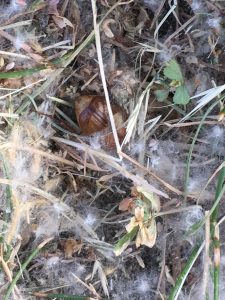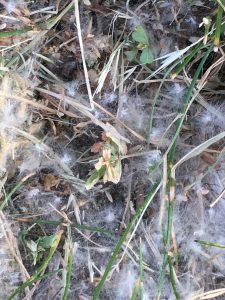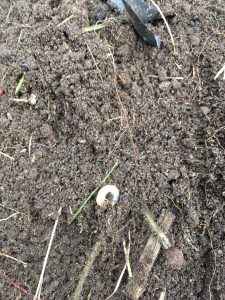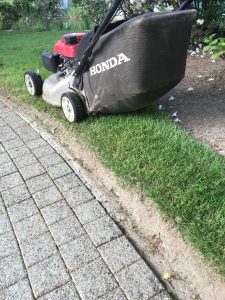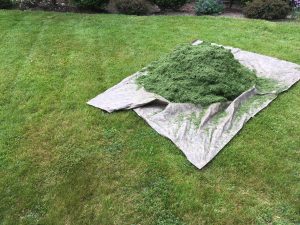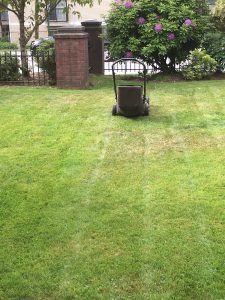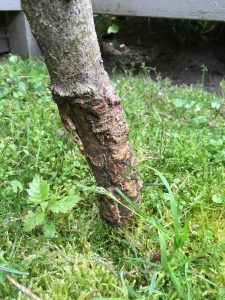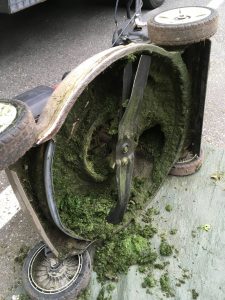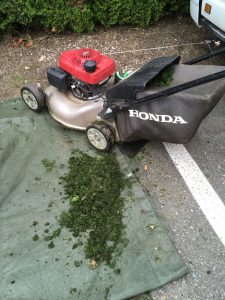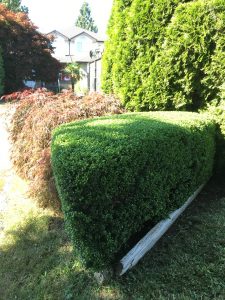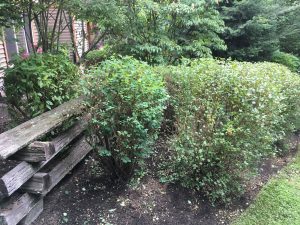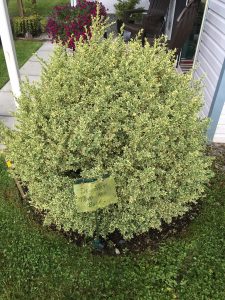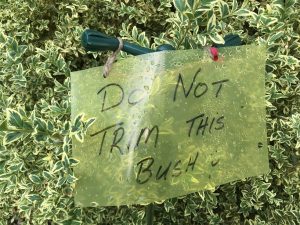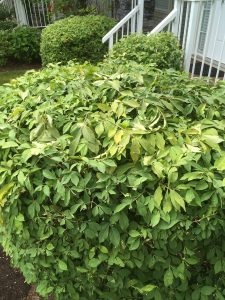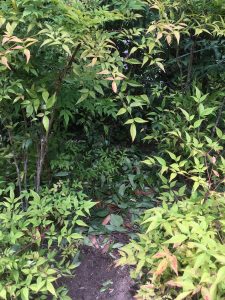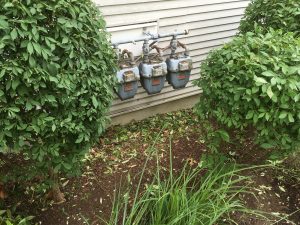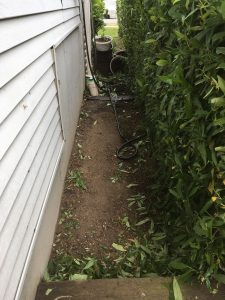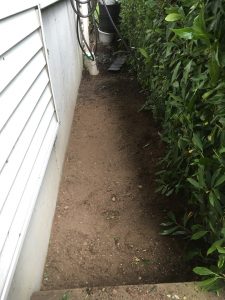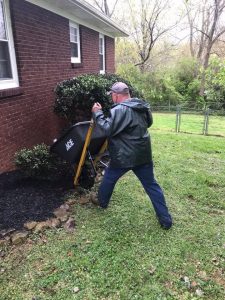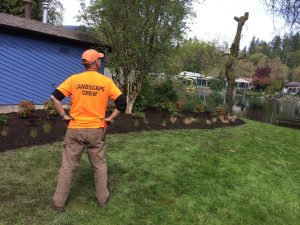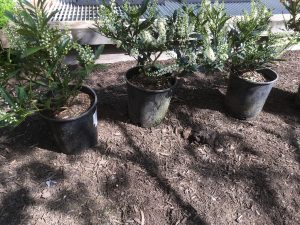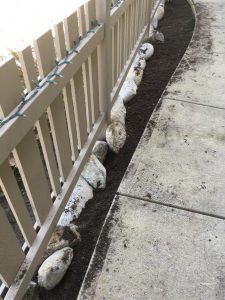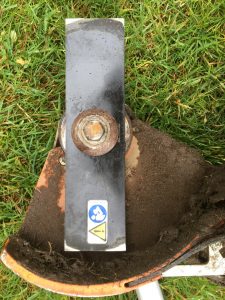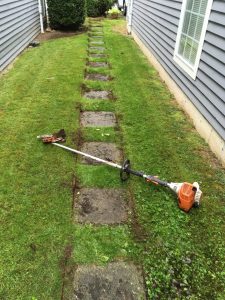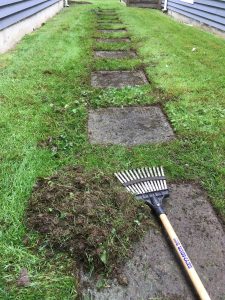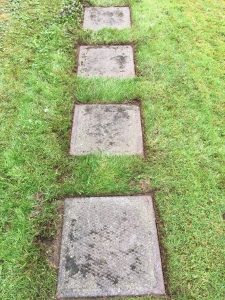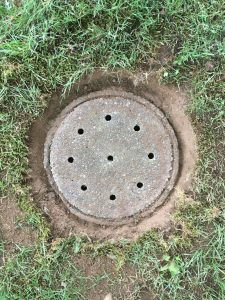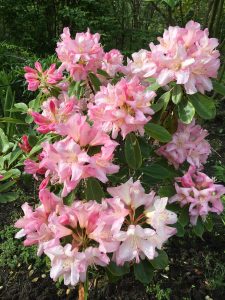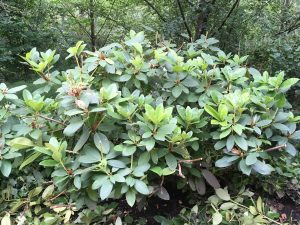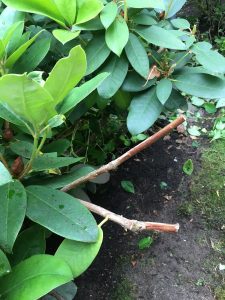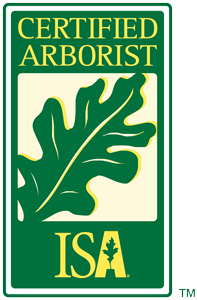Hydrangeas are beautiful workhorses in our West Coast landscapes. Healthy Hydrangeas reward us with lots of beautiful flowers, many of them in big mop heads. I’m so used to seeing them I don’t even take pictures of them every season.
Lately, I’ve been running into Hydrangea horror shows and so I thought this whole thing begged for its own blog post.
Pruning
When it comes to pruning, we can follow the same general rule: prune after flowering. Some people leave the spent flower heads on all winter so they have something to look at. Add a bit of frost and you have a nice show in your winter garden.
Alas, strata landscape bosses like everything tidy so the flowers are deadheaded and the overall size of each shrub is reduced. The key is not removing the old second year canes on which the current year flowers emerge. There are some varieties that flower on all canes but most follow this rule.
If you remove too much of the old second year cane, all you will get next season is greenery. Flowers won’t come until the second season.
This is where problems arise. Homeowners torch their Hydrangeas almost to the ground and when the shrubs fail to flower in the following season, the frustrated owners hack them back. And so it goes until I correct them.
Landscapers are also guilty of taking too much old wood in their struggle to manage shrub sizes inside strata complexes. Strata unit owners notice when their favourite Hydrangeas fail to flower. I made this mistake early in my landscaping career and I still remember the old lady complaining to my manager about her missing flowers. And I never forgot that lesson.
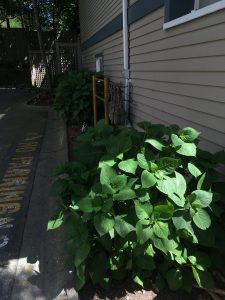
Not much of a show, is it? I’m almost certain these shrubs were cut back too much last year. You can expect flowers next season.
I saved the worst example for last. This is a high-profile walkway and the strata complex’s Facebook group lit up with negative comments soon after this pruning job. And for good reason.
The timing is all wrong because these Hydrangeas are flowering nicely. Why remove flowers at their peak?
The other problem is the severity of the pruning job. I would have at least left some green or alternatively, removed entire canes. Looking at severed canes while the rest of the shrub is still intact and flowering is a bit weird.
It would be best to wait until the flowers fade and then remove maybe the top third of each cane, roughly 2-3 buds down. When you do this, you can also select the 1-3 biggest canes and prune them right down at ground level. Otherwise the old wood accumulates; what we want is nice straight canes growing out of last year’s wood.
Conclusion
So please remember that Hydrangeas flower from canes growing on second year wood. If you cut back the older canes too hard you will only get green foliage the following season and your clients will wonder what happened to their annual flower show.
Prune your Hydrangeas after flowering and cut back your canes down by 2-3 buds. That should guarantee another flower show next year and that’s why we plant Hydrangeas in our landscapes.
If your Hydrangeas aren’t producing flowers this season then I would be willing to bet that your pruning last year was too harsh.


